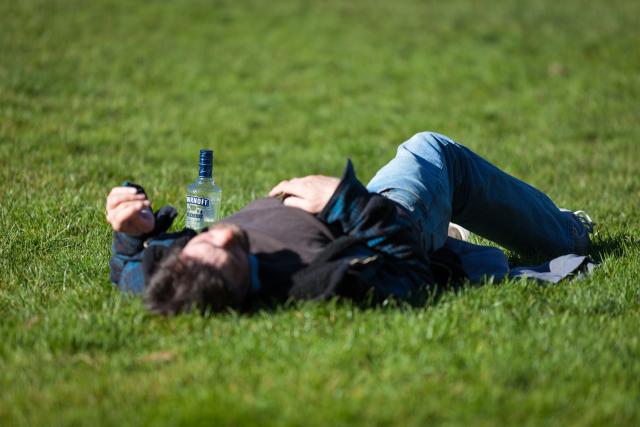The Victorian Government’s health-led response to public intoxication reforms recommended through the Royal Commission into Aboriginal Deaths in Custody came into effect on 7 November 2023.
Public drunkenness is no longer a crime, and police and other organisations will take other actions to keep intoxicated individuals safe without putting them in custody.
Minister for Mental Health Ingrid Stitt said simply being intoxicated in a public place should not be a crime.
“For too long we have seen First Nations Victorians disproportionately affected by current laws and too many tragic outcomes when they are in custody,” she said.
“These health-led reforms strike a balance between supporting people who are intoxicated and community safety, and while there is always more work to do to close the gap for vulnerable people in our community – this reform will undoubtedly change and save lives.”
The changes come into effect in line with Melbourne Cup Day, with Victoria Police personnel still to be present trackside at Flemington, in the CBD, and at major entertainment precincts for the event, drug and alcohol testing sites around the racecourse and high-risk areas and extra transit police and PSOs on the state’s public transport network monitoring for antisocial behaviour.
A Victoria Police spokesperson said with public drunkenness decriminalised on Cup Day, members will continue to encourage drunk people to seek support and assistance from family or friends.
“There will also be the option of referring them to the public intoxication response service overseen by the Department of Health,” they said.
“However, if they refuse and are not presenting a risk to others, there will no longer be a role for police. If a drunk person commits a criminal offence, they will be dealt with swiftly by police.”
Police will operate with a new plan of action for extremely intoxicated persons, who may have previously been taken into custody, going forward.
If first on the scene, police personnel will remain with the individual if they require urgent ambulance assistance until paramedics arrive.
If they don’t require medical attention, police will offer to help individual contact family or friends so they are safe, assist them in obtaining public transport or refer them to a public intoxication support service managed by the Department of Health, such as on-demand outreach teams or new sobering centres in Collingwood (for the general public) or St Kilda (dedicated for Aboriginal or Torres Strait Islander people). There are currently no dedicated services in the Outer East, though the region will be serviced by the centralised, 24/7, statewide public intoxication response services.
If the intoxicated individual refuses police assistance, or if an event worker comes across the person, there will be no role for the police in those circumstances. Event workers are encouraged to follow the same steps as police in providing care and help for the individual.
If a drunk person is presenting a risk to other’s safety, police can attempt to de-escalate the situation and use move on and breach of the peace powers to remove them if unsuccessful.
It remains an offence for a licensed venue or event to serve an intoxicated person or allow them to remain on licensed premises.
More than 85 per cent of Victoria Police officers have undertaken mandatory training regarding the new response model and changes, with most of the rest estimated to be officers on leave who will complete it upon their return.







